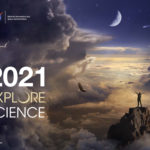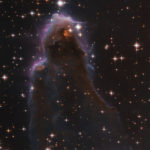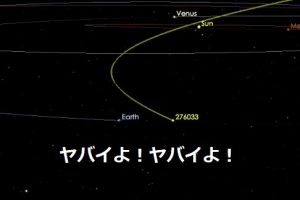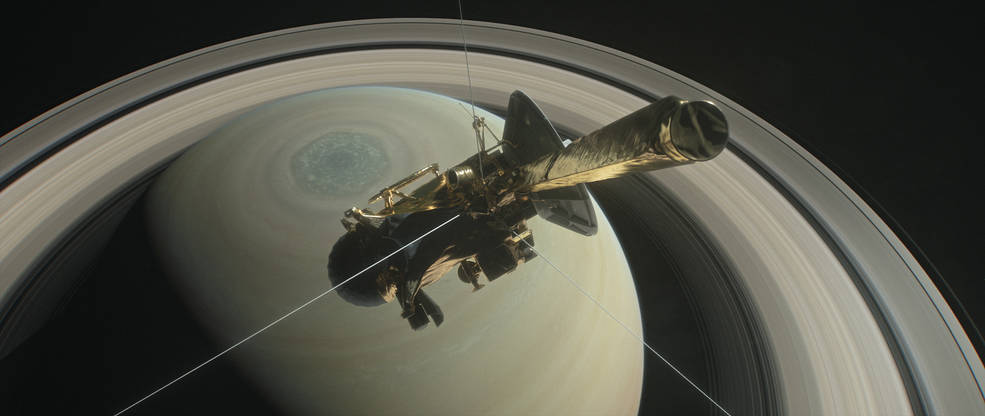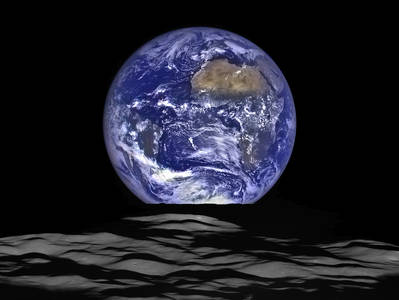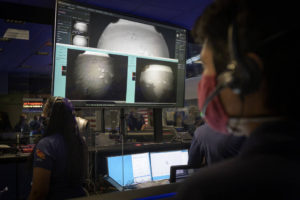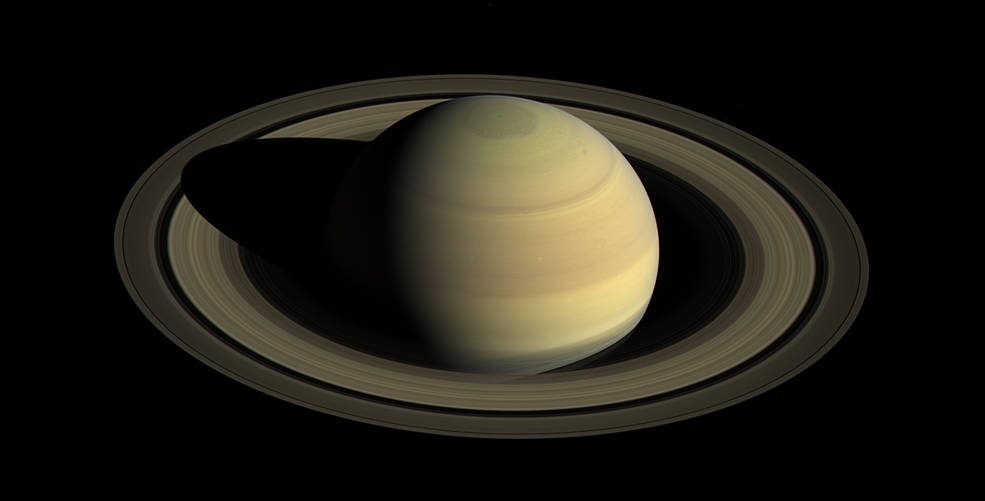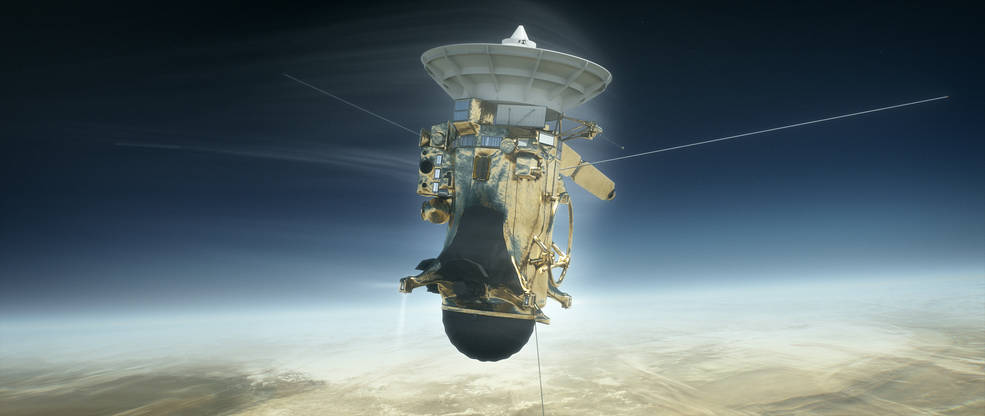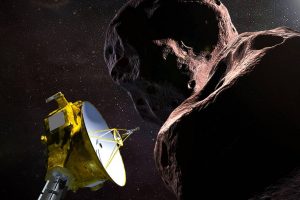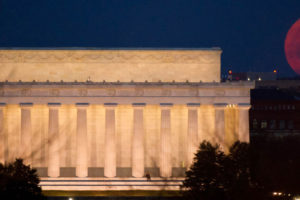2020.12.06:NASAがAGUの場で発表の機会を持ちます。
AGUとはアメリカの地球物理学の学会名称です。
詳細が分かり次第、原文を和訳とともに掲載いたします。
NASA Presentations at the 2020 Fall AGU Meeting | NASA
NASA Presentations at the 2020 Fall AGU Meeting
NASA-related presentations at AGU are as follows. (Access to some briefings require registration for the meeting.) All times Eastern:
VIRTUAL EXHIBIT
The agency also will host a virtual exhibit at AGU, which will feature a Science Theater, live chat times, the NASA Science calendar, specially curated resources, and more. The exhibit will be open Dec. 1-17 with virtually staffed days Dec. 7-11.
Monday, Dec. 7
1 p.m. – Impacts of COVID-19 on People and the Environment, As Seen from Space
This panel will discuss how remote sensing data is beginning to show some of the less tangible, but still important ways the pandemic is affecting both people and the environment.
- Ned Bair, University of California Santa Barbara/Earth Research Institute
- Timothy Newman, U.S. Geological Survey
- Nima Pahlevan, NASA’s Goddard Space Flight Center
Thursday, Dec. 10
11 a.m. – Solar Orbiter Science Begins
In this briefing, Solar Orbiter scientists will give a first taste of the data they have collected so far, including a closer look at the discovery of “campfires” and look toward the first of many Venus flybys, which will enable scientists to eventually see the Sun’s poles, essential for understanding the Sun’s activity cycle.
- Frédéric Auchère, Institut d’Astrophysique Spatiale
- Tim Horbury, Imperial College London
- Daniel Müller, European Space Agency (ESA)
- Teresa Nieves-Chinchilla, Goddard
Friday, Dec. 11
11 a.m. – 29 and Counting: Latest NASA Juno Mission Science Results
NASA’s Juno mission has provided the most detailed in-depth scrutiny of our solar system’s largest planetary inhabitant in history. This briefing will include the latest findings on the gas giant’s polar cyclones, magnetosphere, Great Red Spot, atmosphere and interior, as well as highlight the scientific – as well as beatific – contributions of the mission’s citizen scientists.
- Heidi Becker, NASA’s Jet Propulsion Laboratory (JPL)
- Scott Bolton, Southwest Research Institute (SwRI)
- Candice Hansen, Planetary Science Institute
- Steve Levin, JPL
Monday, Dec. 14
1 p.m. – Life in the Clouds of Venus? Lessons from Studying Life in Earth’s Atmosphere
In this roundtable, biologists who study life in the Earth’s atmosphere will discuss how airborne microorganisms survive and reproduce in the unique, dynamic conditions of Earth’s troposphere and how their research could apply to Venus.
- Kevin Dillon, Rutgers University
- Diana Gentry, NASA’s Ames Research Center
- Noam Izenberg, Johns Hopkins University Applied Physics Laboratory
- David J. Smith, Ames
Tuesday, Dec. 15
1 p.m. – Media Roundtable: Year of the Asteroids! Missions to the Building Blocks of Our Solar System
With OSIRIS-REx slated to begin its return to Earth with a sample of the asteroid Bennu, and launches of the DART and Lucy missions, as well as Psyche on the horizon for 2022, there will be a lot of discussion about the diverse types of asteroids and what we can learn from their respective chapters as storytellers of the solar system.
- Lindley Johnson, NASA’s planetary defense officer
- Tom Statler, NASA program scientist for DART and Lucy
- Nancy Chabot, DART coordination lead, Johns Hopkins Applied Physics Lab
- Hal Levison, Lucy principal investigator, SwRI
- Jim Bell, Psyche deputy principal investigator, Arizona State University
- Jamie Elsila, research scientist, Goddard
- Paul Chodas, manager, Center for Near Earth Object Studies, JPL
Wednesday, Dec. 16
1 p.m. – What We Will Learn from Solar Cycle 25
In this roundtable, scientists will discuss outstanding questions in solar cycle science, what opportunities this new cycle provides researchers, and how we track progress in predictions.
- Dean Pesnell, Goddard
- Lisa Upton, Space Systems Research Corporation
- Paul Charbonneau, Université de Montréal, Canada
OTHER SESSIONS
NASA Associate Administrator for Science Thomas Zurbuchen will participate in the following panels and Town Hall meetings:
Thursday, Dec. 10
1:30-3 p.m. – Science in the Time of COVID-19
Friday, Dec. 11
1:30-2:30 p.m. – NASA Earth Science Division Town Hall
Monday, Dec. 14
1 p.m.
12/14 13:00-14:00 NASA Planetary Science Division Town Hall
(Present from 1-1:30 p.m.)
12/14 13:00-14:00 Space Physics and Aeronomy Section Agency Night
(Present from 1:30 – 2 p.m.)
Tuesday, Dec. 15
1-4 p.m. – Innovation Session: Connecting Remote Sensors with Ground Sensors Through the Lens of Relationships, Respect, and Responsibilities (recorded introduction to the session)Last Updated: Dec. 2, 2020Editor: Brian Dunbar

